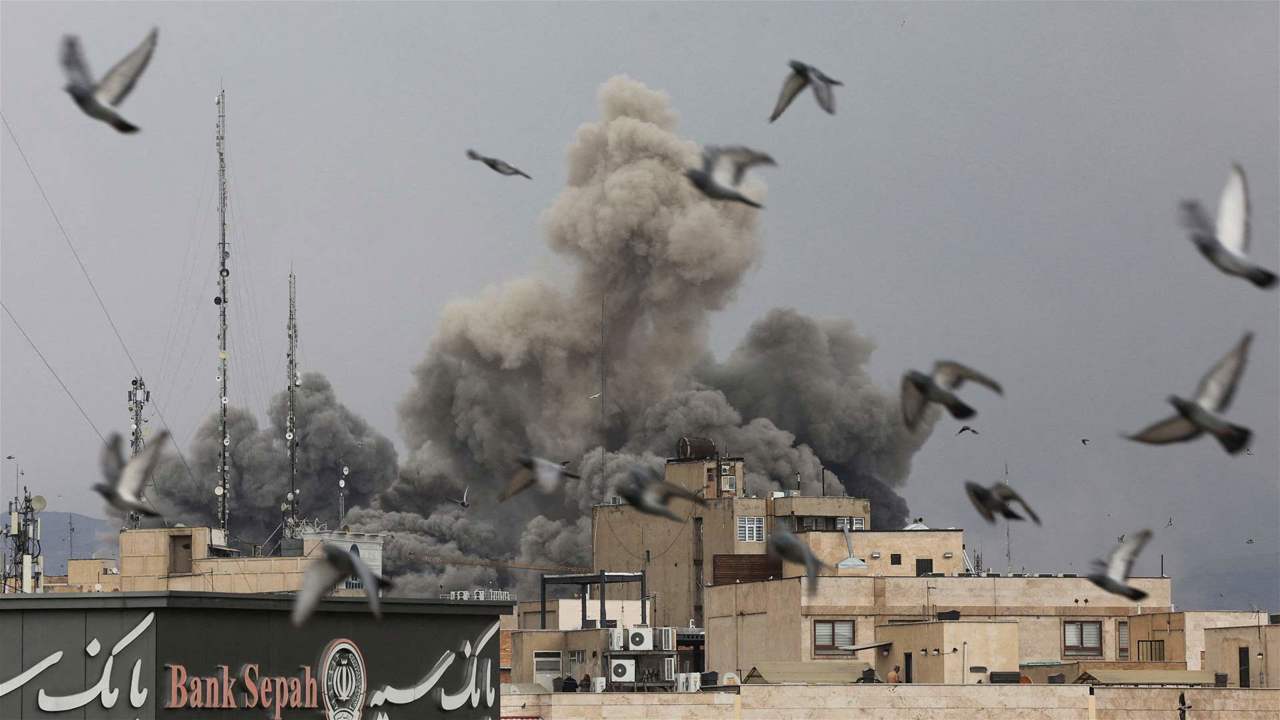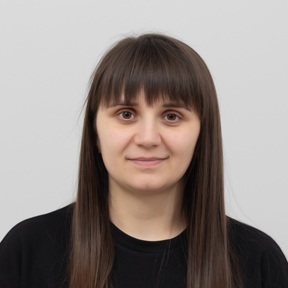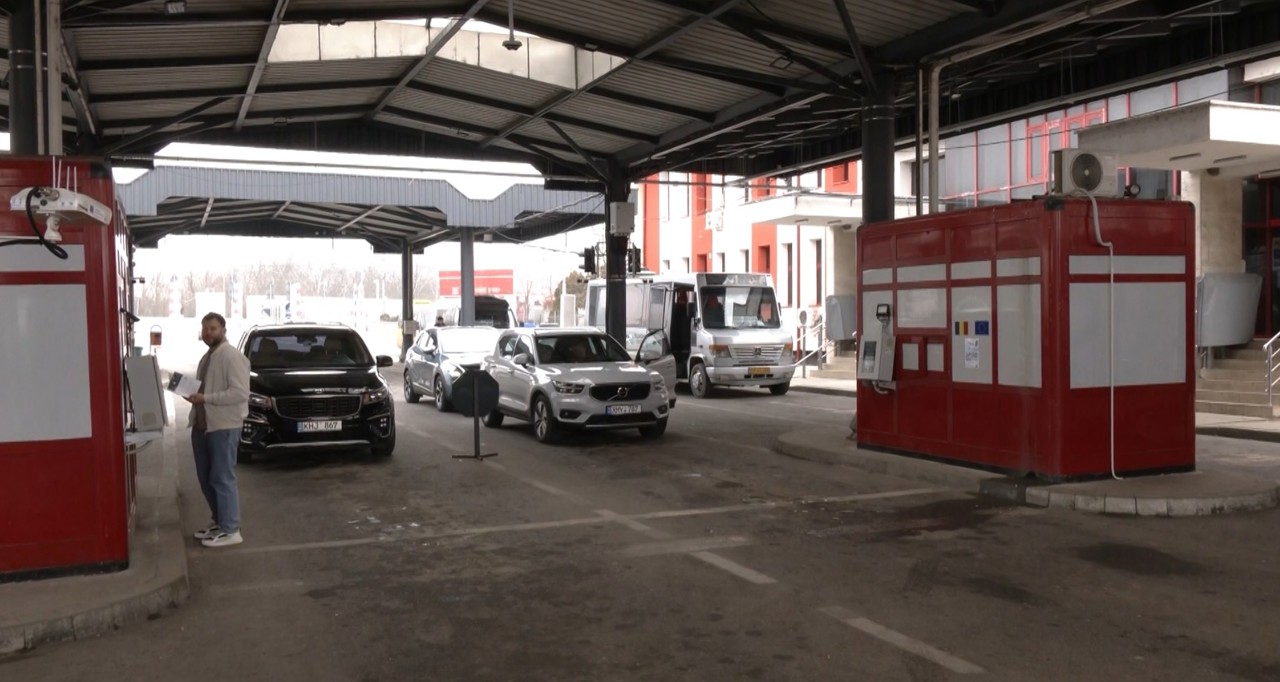Moldova’s challenges: Corruption, displacement, and healthcare reform
The summoning of the Russian Federation’s Ambassador to the Republic of Moldova, Oleg Ozerov, to the Ministry of Foreign Affairs is a standard diplomatic procedure, although it is seen as delayed, according to Alexandru Tănase, the former president of the Constitutional Court.

In [an interview] (https://moldova1.md/p/38856/moldova-confronts-russia-on-airspace-violations-and-drone-incidents) with Moldova 1, Tănase emphasised that such measures would not change the behaviour of the Russian Federation, which has consistently denied violating international law. He pointed out that Russia’s refusal to recognize that the drones found on Moldovan territory belong to it reflects a practice similar to that of the Soviet Union, which systematically denied any violation of international law. In this context, Tănase emphasised that Moldova’s foremost concern should be securing its national airspace in the face of these challenges.
The dismantling of the voter manipulation network led by Ilan Șor and supported by Moscow, the acceleration of judicial reforms, and governmental and institutional reshuffles are urgent measures that must be taken to prevent a recurrence of the situation during the presidential elections and pro-European referendum, which the Russian Federation attempted to undermine, according to political analyst Nicolae Negru.
In an interview with Radio Chișinău, Negru commented on President Maia Sandu’s remarks made after the Supreme Security Council meeting, where the discussion focused on fighting political corruption and defending democracy during Moldova’s electoral process. Maia Sandu pointed out, among other things, a “total failure” in the work of the Anti-Corruption Prosecutor's Office. The expert added that action is needed not only within the prosecutor's office but also in intelligence services and other relevant institutions. Although the police took action, Negru emphasised that the results of these efforts are still unclear.
The experts of the Promo-LEX Association raise concerns regarding internal displacement from the Transnistrian region, resulting from the violation of fundamental rights and freedoms, which has been a persistent issue for 30 years. However, the Moldovan authorities have not taken the necessary steps to adequately address the needs of affected individuals. These experts highlight that no institution has been designated to manage internal displacement cases, national legislation has not been adapted to meet the specific needs of these individuals, and there is a lack of coordination between competent authorities. The association’s conclusions indicate that the authorities' response to requests for temporary shelter is delayed, ad-hoc, and inconsistent. Furthermore, significant gaps exist, such as the absence of public-private partnerships in this area, which results in displaced individuals receiving assistance far too late. Additionally, the websites of the responsible institutions fail to provide clear information about support measures or dedicated hotlines for displaced persons, exacerbating their situation.
Ziarul Național published detailed information about the activities of former parliamentarian Ion Creangă, who allegedly sold classified information to Russian intelligence services. According to the source, Creangă provided sensitive information regarding national defence measures, the situation in Transnistria, and possible effects of legislative changes related to the referendum for Moldova’s accession to the European Union. Among the information sold were details about the proposed amendment to the article in the Penal Code concerning treason. In collaboration with a border police officer at Chișinău International Airport, Creangă was arrested and brought before the courts. According to prosecutors, the former parliamentarian had several secret meetings with an employee of the Russian Embassy in Chișinău, some lasting more than two hours. During these meetings, Creangă allegedly shared intelligence and confidential data to support activities hostile to the state's security, in violation of the Penal Code's provisions on treason.
JurnalTV published a survey conducted by the National Health Insurance Agency, revealing significant challenges faced by an increasing number of citizens when seeking medical assistance. According to the data, the most frequent complaints relate to long waiting times for consultations and treatments, a shortage of specialised medical personnel, and poor quality of services provided. Specialist Tatiana Rotaru pointed out that, in this context, nearly a quarter of patients had abandoned medical consultations due to excessive waiting times. Regarding the phenomenon of corruption in hospitals and clinics, 8% of respondents admitted to paying bribes at the request of medical staff, while 18% stated they voluntarily gave money and gifts, which were accepted. In contrast, 61% of those surveyed reported not being asked for bribes.
Translation by Iurie Tataru





